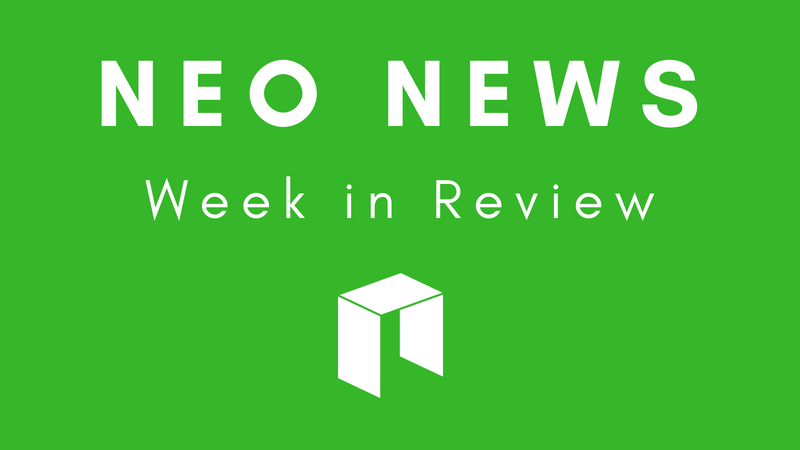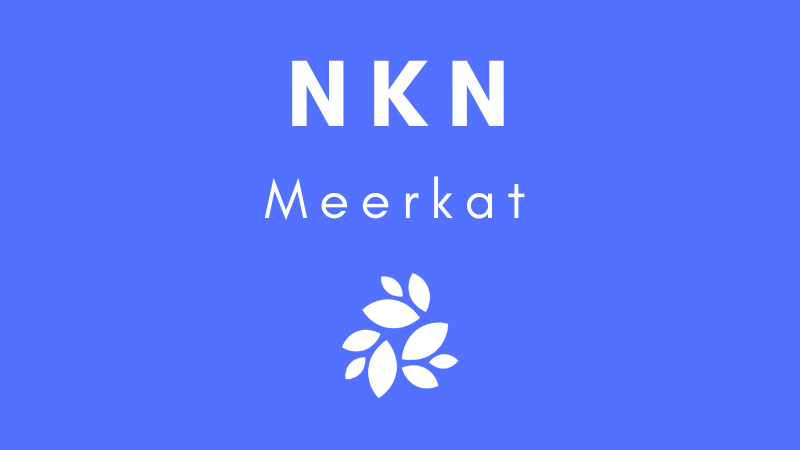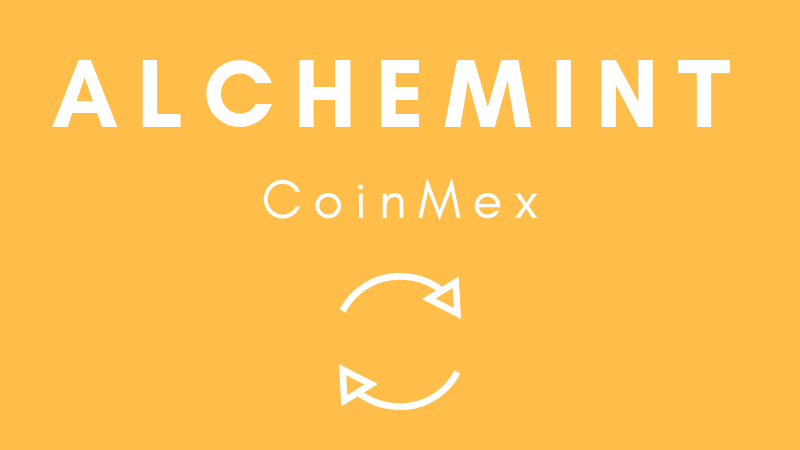
NNT Catch Up
NEO Founder and core developer, Erik Zhang, was interviewed by CCN. In the conversation, Zhang highlights the differences between his and co-founder Da Hongfei’s contributions to the NEO ecosystem. Further, Zhang outlined the differences between NEO and Ethereum, from consensus algorithm to philosophical ideologies.
The NEO St Petersburg Competency Center (NEO SPCC) published an article discussing task distribution across nodes in Byzantine fault tolerance (BFT) systems. The article discusses how tasks are divided up between nodes using NEO’s dBFT consensus mechanism, and proposes how the task pool size for each node could be reduced without compromising the executions of tasks.
Developer Groups
On January 15th, City of Zion (CoZ) released a new update to the neo-python project. Version 0.8.3 includes a complete refactoring of neo-python’s CLI alongside various improvements designed to improve stability and usability. The update also includes additional features, bug fixes, general stability, and UX changes.
January 17th, NewEconoLabs (NEL) released a bi-weekly report, which highlighted updates to the neo-cli-nel, Teemo extension wallet, NEORAY debugger, web wallet, as well as its subsidiary projects BlaCat and ZoroChain.
Ecosystem
January 14th, BlaCat released its weekly report, which highlighted recent development progress on the BlaCat platform and ZoroChain. The team continued efforts to complete the main network and test network of ZoroChain.
On January 14th, APEX Network released an article highlighting statistics surrounding its nodes, token distribution through various tiers, and community activity. As an overall trend, there has been an increase in Tier Genesis wallets by 27, with a total of 229 Tier Genesis nodes at the time of writing. The Supernode, Tier 1, and Tier 2 levels all remained relatively flat in qualified applicants.
January 14th, New Kind of Network (NKN) published a bi-weekly report, which highlighted a ticker symbol change to NKNO for its NEP-5 token (ERC-20 token ticker to remain as NKN), source code development progress, GitHub activity, core platform updates, and the launch of a new website.
January 15th, Aphelion published a weekly report on the progress of its decentralized exchange. Aphelion claims that its DEX re-activation has gone “fairly smoothly” and that users have reported a positive experience from using the platform. The project states it has had steady growth in users passing KYC and has deployed updates to make the trading experience “as fast and stable as possible.” Lastly, version 3.3.7 of the Aphelion wallet was released for desktop and mobile devices.
January 15th, Jarvis+ released its weekly report, which includes project updates on research and development, operations, and community engagement.
January 15th, DeepBrain Chain (DBC) released its progress report, which includes technical updates, partnership efforts, new details about the AI Training Course, and outlines the first steps towards open source development of the platform. The AI Training Course is catered to those “interested in learning AI specific knowledge from leaders in the industry.”
January 16th, O3 Labs released an update to its NEO dAPI, an open protocol designed to give dApps an easy way to connect with existing NEO wallets. In its announcement post, O3 discussed the pros and cons of the v1 protocol implementation, which was used by Switcheo and NEO Name Service to offer users access to their respective platforms from directly within the O3 Wallet.
O3 claims that V2 of the dAPI features a simplified user experience, more scalable security solutions, and the ability to change between wallet addresses. O3 is hoping for the dAPI to become a NEO standard, and has also created an Ontology version of the dAPI.
January 16th, nOS announced an airdrop of up to 200,000 NOS tokens to nOS.app users who have obtained a Holding Score. The amount of tokens included in the distribution pool is dependent on the number of votes cast during The Vote for Your Coin campaign, which is currently underway on the BitMart exchange. Participants have until January 29th, 2019 to cast their votes for nOS.
January 17th, APEX Network released a development progress report, which highlights the current state of the APEX TestNet, smart contract modules and its virtual machine, development of its block explorer, upcoming community node participation, and next steps.
January 17th, QLC Chain launched its dApp, WinQ 2.0, which is capable of holding “more types of cryptocurrencies, and will generate a utility token WGAS to settle the VPN usage in-app.” WinQ 2.0 will support ERC-20 tokens, NEP-5 tokens, and EOS accounts.
January 17th, NEO Name Service (NNS) released its bi-monthly report highlighting the completion of the NNS DEX 2.0 contract. The contract adds a purchase function and allows buyers to set auction prices on the domain names they wish to purchase.
January 18th, Nash (formerly Neon Exchange [NEX]) announced its rebranding at the recently hosted “Quarterly Report” event. The event was livecasted over YouTube and served to present Nash’s work over the last three months of 2018. CEO, Fabio Canesin, discussed the company’s expansion during the upcoming quarter, with a focus on backend work and security.
The official Nash launch date will be announced at NEO DevCon in February of 2019. Upon launch, Nash will serve US markets, and plans to list PHX, NOS, AVA, GUARD, LX, MAT, OMG, 0X, ETC trading pairs with NEO, ETH, and USDC.
January 18th, NKN launched Meerkat, v0.7 of NKN’s TestNet. The update includes a “full featured TestNet with complete implementation, strong security, and enhanced performance, plus SDK release.” Looking forward, NKN will release v0.9, called Beluga, which will improve scalability and performance as well as attack resistance.
January 20th, nOS has announced it will burn around 37.2 million NOS following the release of tokens from its tiered unlock system. On January 28th, nOS will release a portion of tokens to private sale participants, as well as to the company reserve. The majority portion of the company reserve tokens will be burnt, lowering the scheduled circulating supply by about 32%.
Events
January 25th: NEO Colorado Meetup (Denver, US)
February 16th and 17th: NEO DevCon (Seattle, US)







About The Author: Dylan Grabowski
Dylan is a reformed urban planner with a passion for covering the Neo ecosystem. His objective as a writer for Neo News Today is to report news in an objective, fact-based, non-sensational manner. When not behind a computer screen, he can be found in the mountains rock climbing. Find Dylan on Twitter (@GrabowskiDylan).
More posts by Dylan Grabowski